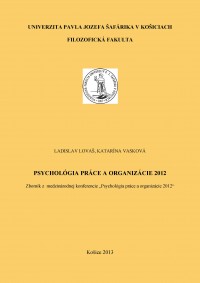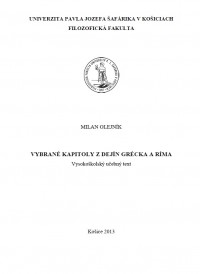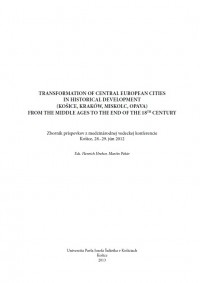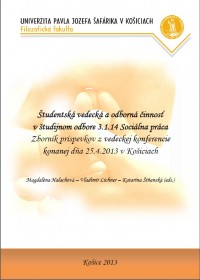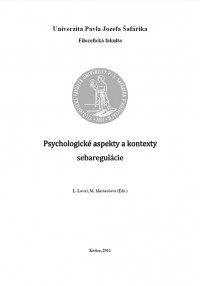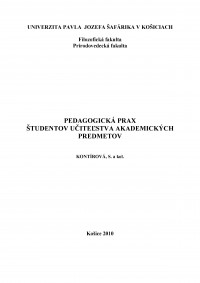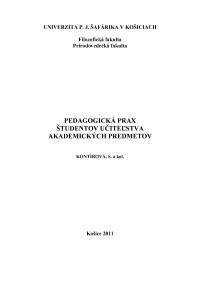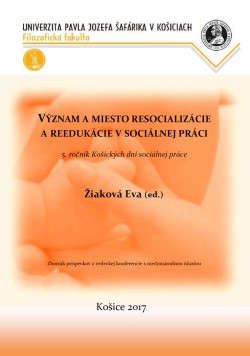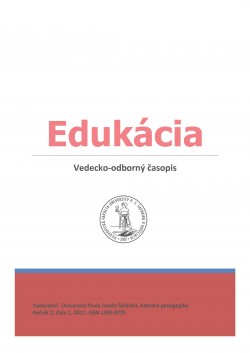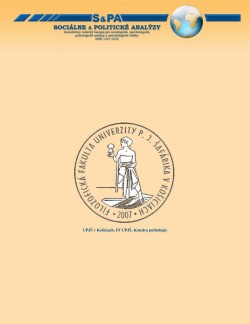No products
Product successfully added to your shopping cart
There are 0 items in your cart. There is 1 item in your cart.
Súčasná perspektíva sociálnej inklúzie ľudí s mentálnym znevýhodnením
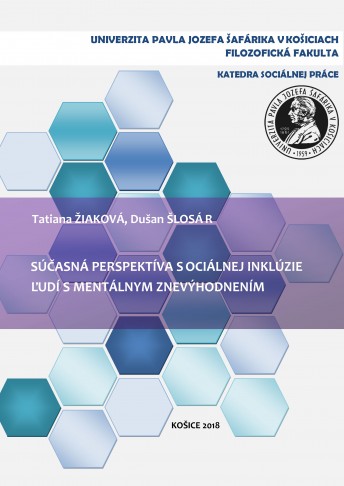
Online only
978-80-8152-651-0
E - book for free download
Kľúčové slová:
Data sheet
| Authors: | Tatiana Žiaková • Dušan Šlosár |
| Science editor: | Katarína Šiňaská |
| Year of publication: | 2018 |
| Available from: | 22.10.2018 |
| Edition: | 1st edition |
| Document type: | Monograph |
| Publication language: | Slovak |
| Number of pages: | 119 |
| Faculty: | Faculty of Arts |
| Department: | Department of Social Work |
More info
The last decade marks not only the average life expectancy increase in healthy population, but also life expectancy increase in group of people with intellectual disorders/disabilities. Due to their diagnosis that defines and classifies them into specific categories, people with intellectual disability are finding themselves in a constant confrontation with obstacles negatively affecting the saturation of their existential needs. It creates mostly educational, social, cultural, psycho-social and economical disadvantage in the context of their lives. Consequently, their active potential is weakened, making it unable for them to influence public affairs in society from a position of an adult or elderly citizen. Building up on this condition, the focus of this monograph is on understanding and explanation of prevailing concept of social inclusion and related concepts of social exclusion. These concepts influence the way we tend to define and think about the character of society, as such.
Simultaneously, we are examining that the quality of coexistence between dominant population and people with intellectual disabilities is dependent on the development of attitudes and opinions of major population towards this specific minority. These attitudes reflect the extent of social tolerance and at the same time serve as a quantification of moral values and equity in the society, whether it concerns any type of small everyday help or professional and institutionalised long-term support.
This monograph focuses on presenting professional care for people with mental disability in form of social services as a dominant type of support in our local environment. We show that the quality of social services inevitably depends on degree of professional competences social workers possess. The significance of professional competences social workers are capable of using is reflected in the degree of the competence and adequacy of their performance. The primary aim, in relation to which professional competences should be accustomed, is to enhance meaningfulness and dignity in life of mentally disabled receivers of the social services.
Competences of social workers are a dynamic phenomenon that modifies along the development of society and also with the frequently altering needs of people with intellectual disability as receivers of the social service. For this reason we designed the presented research to reflect our goal to reappraise the scope of professional competences and define the required professional functions of social workers working with people with intellectual disability. This monograph is dedicated not only to professionals working with this group of people but also aims at answering basic questions to practical issues that families with a intellectualy disabled member are coming into contact with.
Authors







